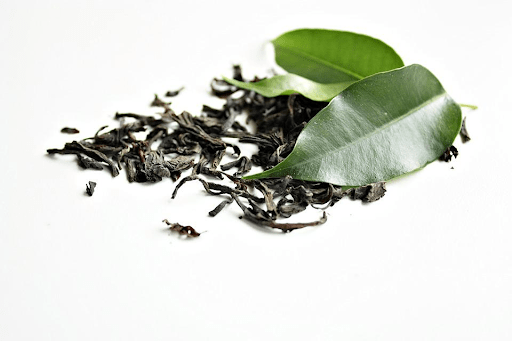Things to Know About Japanese Green Tea
You take that first sip of your brewed beverage, and it feels as though it touches your soul. The warmth, the smoothness, the aroma, and the earthy flavor—together, these ingredients make for the perfect blend. It’s a blend that satisfies your thirst, tantalizes your taste buds, heals your body, and lifts your spirit.
That blend is Japanese green tea. And according to research, it’s a concoction that many Americans are increasingly choosing over black tea: 86% drink Japanese green tea, whereas just 59% drink black and other types of tea.
The question is, what exactly is green tea? What makes it so special? And why should it become a staple part of your diet?
Here’s a rundown on everything you need to know about Japanese green tea and how it can enhance your overall well-being and, in turn, your life in the years ahead.
A Rundown on Green Tea
Japanese green tea is made from tea plant, or Camellia sinensis, buds and leaves. These parts of the tea plant can be used to make green tea only if they do not undergo the same oxidation and withering process required to create other types of tea, like black tea and oolong tea.
The Taste and Color of Green Tea
Green tea’s taste ultimately depends on its production process and origin. However, its taste is usually described as mild, vegetal, and grassy. Still, green teas range in their bitterness and astringency.
When it comes to their appearance, the majority of green teas are pale green or light yellow. However, some varieties look emerald green or even light brown depending on how they are brewed.

The Advantages of Drinking Green Tea
Japanese green tea offers a number of health advantages, and when combined with good eating habits, and exercise, it contributes to longer life expectancies in its consumers.
For instance, consuming green tea is known to improve your blood flow, as well as lower your cholesterol and heart disease risk. This type of tea also contains several healthy compounds that provide their own unique benefits—just one more reason to add them to your stainless steel insulated tumbler each morning. These compounds include the following:
- I-theanine: an amino acid that improves your brain function
- EGCG: a catechin (metabolite) that prevents damage to your cells
- Polyphenols: plant compounds that reduce inflammation
Japanese green tea is additionally rich in minerals, nutrients, and antioxidants. Antioxidants are especially important in that they stop oxidation; this type of chemical reaction is known to produce cell-damaging free radicals, which are associated with the development of cancer.
Other advantages of green tea include its anti-aging, anti-bacterial, and anti-inflammatory benefits. It also helps to prevent virus infections and neurodegenerative diseases.
Dentists furthermore love and recommend drinking green tea, as it may help to prevent tooth decay as well as an advanced form of gum disease called periodontal disease. And if you’re still working on your New Year’s weight loss resolution, you’ll also love green tea for its ability to aid in shedding those extra pounds.
Green tea additionally features natural caffeine, which is a potent stimulant that fosters mental clarity. This will allow you to stay focused and alert as you go about your day.
Making Green Tea
Japanese green tea is made by first harvesting Camellia sinensis leaves and steaming them to prevent additional fermentation and oxidation. This helps to ensure that the leaves keep their fresh flavor, nutrients, and green color.
Following the steaming process, the leaves undergo cooling to extract excess water. The leaves are then rolled and dried with high-pressure hot air. Afterward, the leaves undergo pressing and rolling with additional heat until they look like thin needles. Finally, they are dried.
Now, you’re ready to pour boiling water from a square stackable teapot, for example, over your tea leaves. Allow the water to slowly turn into tea, and enjoy!
Experience the Power of Japanese Green Tea for Yourself
Green tea continues to rank high among today’s most in-demand teas for tea drinkers, especially younger groups (Millennials and Generation Z). And with its distinct flavor, many health benefits, and unique appearance, it’s not hard to see why.
Keep in mind the above-listed facts about Japanese green tea as you add it to your daily diet or consider upping your green tea intake. Its delicious, refreshing taste combined with the natural boost of energy it provides can easily help you to both start and finish your day off right for years to come.



Comments are closed.